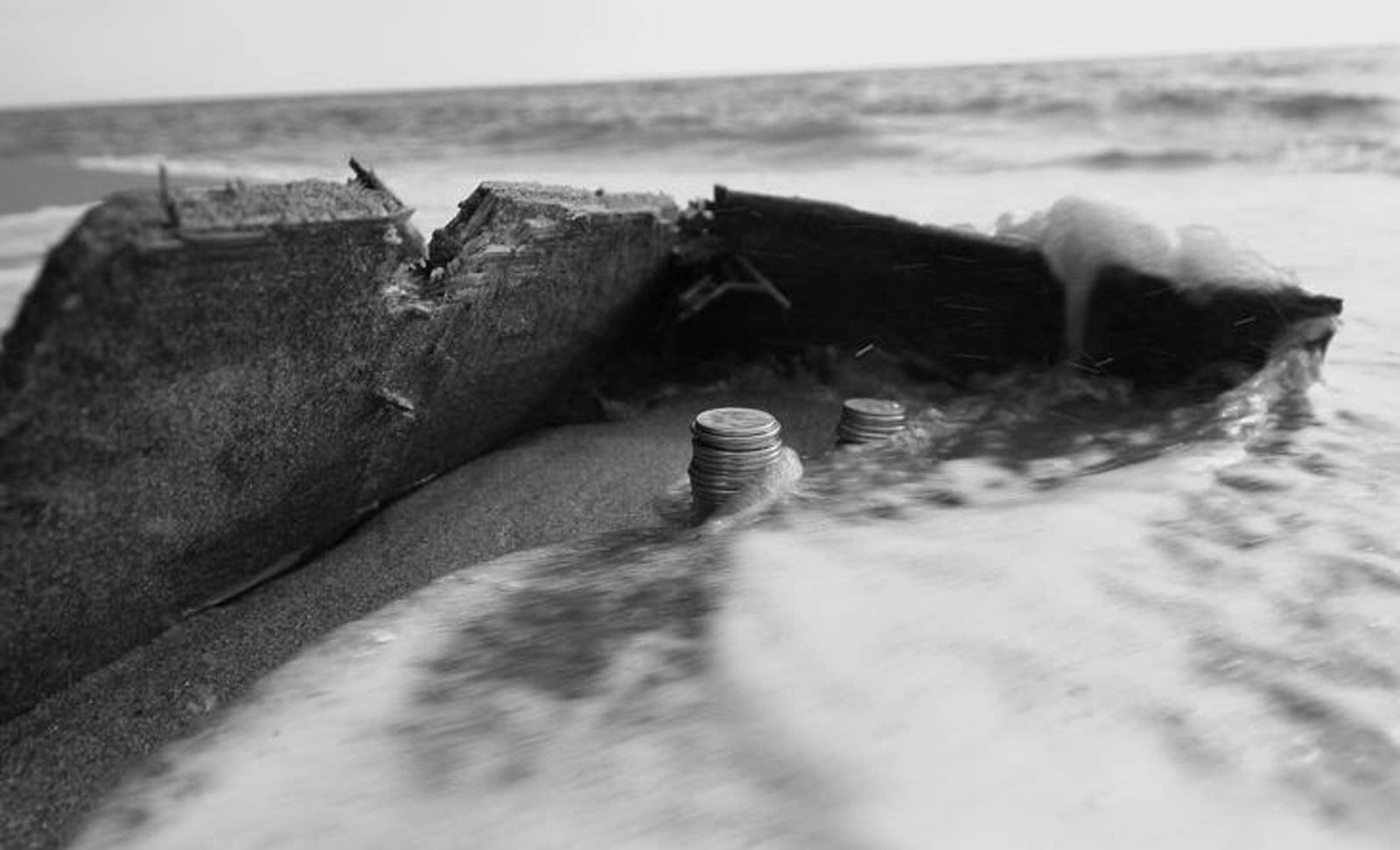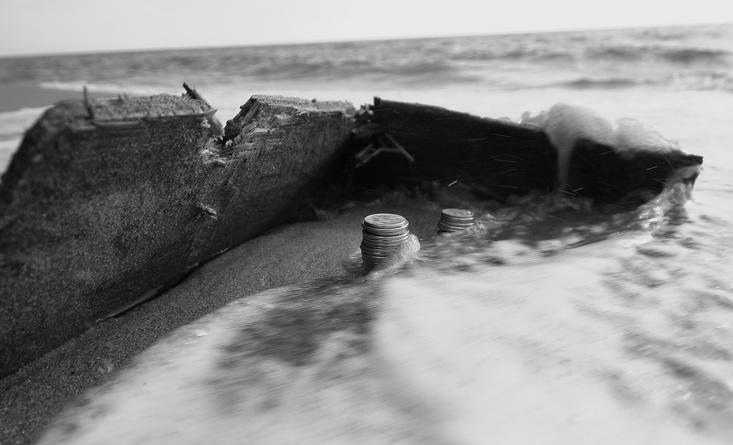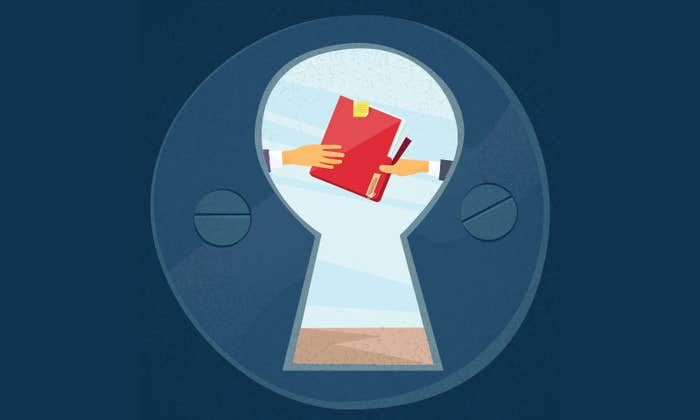You’ve been waiting for today for weeks. You paid more than you could really afford for tickets to a football game, and the day is finally here. But when you look outside your window early Sunday morning, you realize you’d rather not go. It’s snowing, it’s 20 degrees below zero, and the wind is just getting going. Watching a football in these conditions—freezing and barely able to see—sounds much less inviting than staying home, cuddled up in your warm bed. But what a waste of money! Maybe you should go?
Most people are likely to brave the snow and head for the stadium. But if they receive the tickets for free—even if they are just as excited to see the game—they’re more likely to draw the curtains and go back to sleep. If you drag yourself out of bed even though you don’t really want to, you’re falling prey to the “sunk cost” error—you’ve already paid for the tickets, and you’re not going to get your money back whether you go or not. That cost is sunk. Your decision should, rationally, be based only on whether or not you actually want to go, and it should make no difference whether you paid for the tickets or got them for free. But we often can’t help it; we just hate to feel like we’ve wasted money. (If you’re concerned about the dependability of research on sunk costs, take heart: It was one of 10 findings that were recently replicated by a large consortium of researchers seeking to reproduce various psychological effects.)
Avoiding waste can sometimes, ironically, lead to more waste. When we’re unwilling to let go of a bad decision because we don’t want all the time and energy we spent on it to be in vain, we redouble our efforts in a lost cause. We find it hard to admit that an investment was a mistake, so we “throw good money after bad.” We choose to struggle through graduate school because we can’t accept that we should never have started in the first place.
Some help in overcoming our aversion to waste comes from the world of marketing. Cell phone companies, for instance, recognize that people might want to buy the latest phone, but already have a perfectly good one, so they give us a clever way to circumvent the nagging feeling of a sunk cost: They let people trade in their old models. Getting credit for their old phones, even if it’s not very much, makes people feel like they’re not going to waste.
Even better news, according to research by Hal Arkes of Ohio University, one of the leading experts on sunk-cost errors, is that we’re generally absolved of the feeling of waste if our mistakes end up benefiting somebody else. So if you donate those football tickets to some fans who were willing to sit out in the snow for hours, you’d feel better about staying in bed and watching the game on television.
Which is what you wanted to do, anyway.
Dave Nussbaum is a social psychologist who teaches at the University of Chicago. His social psychology blog, Random Assignment, is hosted at BigThink.com and, he’s on twitter as @davenuss79.































